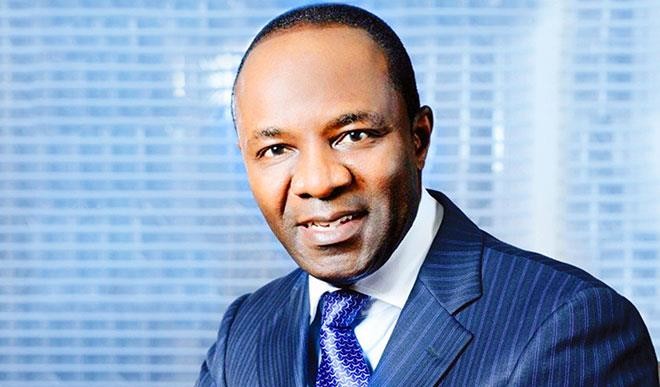Subsidy: Who is deceiving who?
Recently, the media was agog with the indirect and yet cautious announcement by the state minister of petroleum, Dr. Ibe Kachiku, on the planned gradual removal of fuel subsidy, a long overdue policy that was applauded by many economists, regulatory agencies and realists. Few days after, one of the unions in the petroleum industry declared […]


Recently, the media was agog with the indirect and yet cautious announcement by the state minister of petroleum, Dr. Ibe Kachiku, on the planned gradual removal of fuel subsidy, a long overdue policy that was applauded by many economists, regulatory agencies and realists.
Few days after, one of the unions in the petroleum industry declared its intention to resist any move by the government to deregulate the oil sector. The same union was nowhere to be found when the country was in deep crisis, it’s members pocket substantive percentage of the salary paid to civil servants in the country despite been a minor fraction of their number, in addition, it is one of the most unproductive sector of our civil service, it should ordinarily be ashamed of itself for not discharging its basic responsibilities, and failure to force previous administrations to invest sufficient resources in our refineries.
Shrouded by low school enrolment, poor quality of teachers, coupled with divergent and parallel teaching by religious scholars, unemployed, often poorly educated and highly volatile youths waiting for any opportunity to either dispense part their accumulated energy or to loot, can, at any time, on the slightest excuse by anybody, be organised to partake in all sorts of protests and campaigns in Nigeria. This is in particular one of the intriguing and perhaps the most difficult problem to solve considering the fact that, those irate youths don’t just need money in their pockets but something doing. Whatever the case maybe, I think we (the youths) ought to be cautious in detecting who deceives us, we should begin to ask questions before drifting into action.
This week, Saudi Arabia, one of the biggest oil producer announced its intention to cut by 50%, the amount it spends on subsidizing fuel, in addition, an unprecedented budget deficit of 98 billion dollars in 2015 with 86 billion dollars deficit projected in 2016, don’t forget that our budget ranges between 27 to 30 billion dollars with about 18 to 30% spent on capital expenditure for over 150 million people, while Saudi Arabia is less than 30 million, just compare our spending power, forget the infrastructural difference. In Africa, undoubtedly, South Africa has by far the best infrastructure in the continent, with 50 million people and over 34,000 megawatts of electricity, the tenth largest road network in the world, they don’t subsidise fuel, in fact, subsidy is relative in that country, for instance, a rich neighborhood pays for the electricity of the poorest neighborhood close to it, indeed, that’s realistic and provides security to both neighborhoods. It is no more a fiction that, despite the regulation in Nigeria, a liter of fuel recently sold for more than 300 Naira in some cities in the country, if our refineries can serve 30% of our needs, let the government open up the sector, issue license to as many as possible companies to compete in that area, we will surely get used to varying prices, after all, we have adopted different changes within the shortest period.
Finally, unions should, if they want to be exonerated from being tangled in corruption, cut their expenditures and begin to pressure governments in doing the same, openly support those that have initiated such policies and make sure that what is earmarked for capital projects is appropriately spent at the best possible prices, governments should be forced to embrace the open budget policy, they should enlighten people to follow up and use their energy in making sure that leaders do what is right. Union members should similarly mount pressure on their leadership to discharge its basic responsibilities and be accountable; unions often only object policies that, on a short term could have negative implication on the economy despite their long term positive impacts. Is subsidy sustainable in present day Nigeria? Let us face the bitter reality before it is late.
Usman Ahmed Danbaba [email protected]
